First public demonstration against the discrimination of Sinti and Roma after the fatal shooting of a Sinto by the German police, Heidelberg 1973. The demonstrators, a mix of women, men and children, carried black flags and sported banners proclaiming that they no longer wanted to be “second-class citizens”; photo: Documentation and Cultural Centre of German Sinti and Roma.
The early days of civil rights work of German Sinti and Roma
The first few years after the liberation were marked by the desperate search for those family members who had survived. The vast majority of Sinti and Roma had lost all their possessions during the Nazi persecution and had to go about rebuilding their lives. Most survivors found that the authorities refused to acknowledge their status as victims of persecution under the Nazi regime. As a socially disenfranchised minority, the Sinti and Roma survivors had nothing with which to counter the networks of erstwhile perpetrators, who issued testimonies that exonerated one another. Most Sinti and Roma withdrew to the protective sanctuary of their own communities.
The first initiatives by the Sinti and Roma in the Federal Republic of Germany that were aimed at politically organising the minority were launched by the brothers Oskar and Vinzenz Rose. Already in 1947 they had tasked a private detective to track down Robert Ritter, the former head of the Nazi Reich’s “Racial Hygiene Research Centre”. Together with other Holocaust survivors they sought to bring a legal case concerning the Nazi crimes against the Sinti and Roma. However, all the investigation proceedings that were instituted against the former employees of the “Racial Hygiene Research Centre” under pressure from Sinti survivors were subsequently dropped. The first associations founded by Sinti and Roma barely received any attention. It was only during the 1970s, a period marked by political and cultural change, that civil rights initiatives of Sinti and Roma gained new impetus.
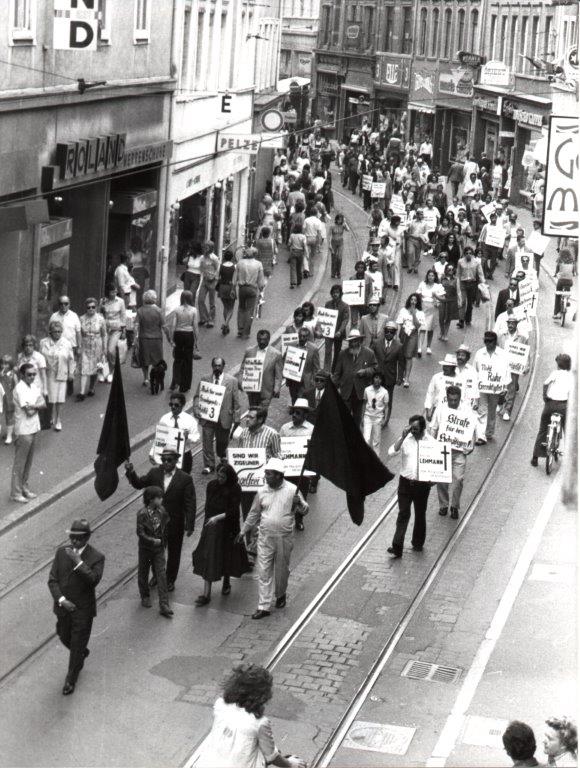
The early days of civil rights work of German Sinti and Roma
Exhibition “The long path to recognition of the Roma and Sinti Holocaust”
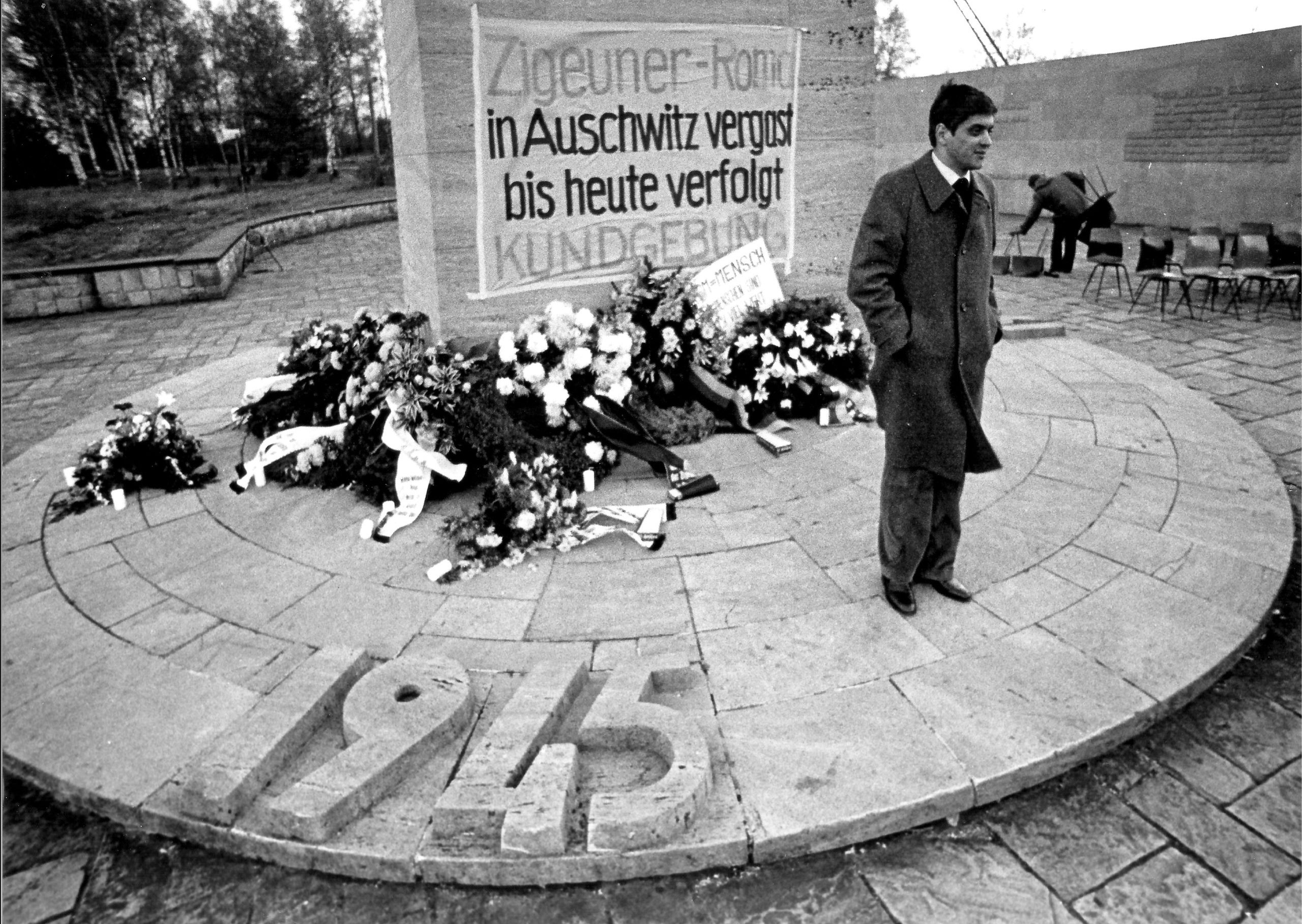
First public civil rights campaign against racism
Exhibition “The long path to recognition of the Roma and Sinti Holocaust”
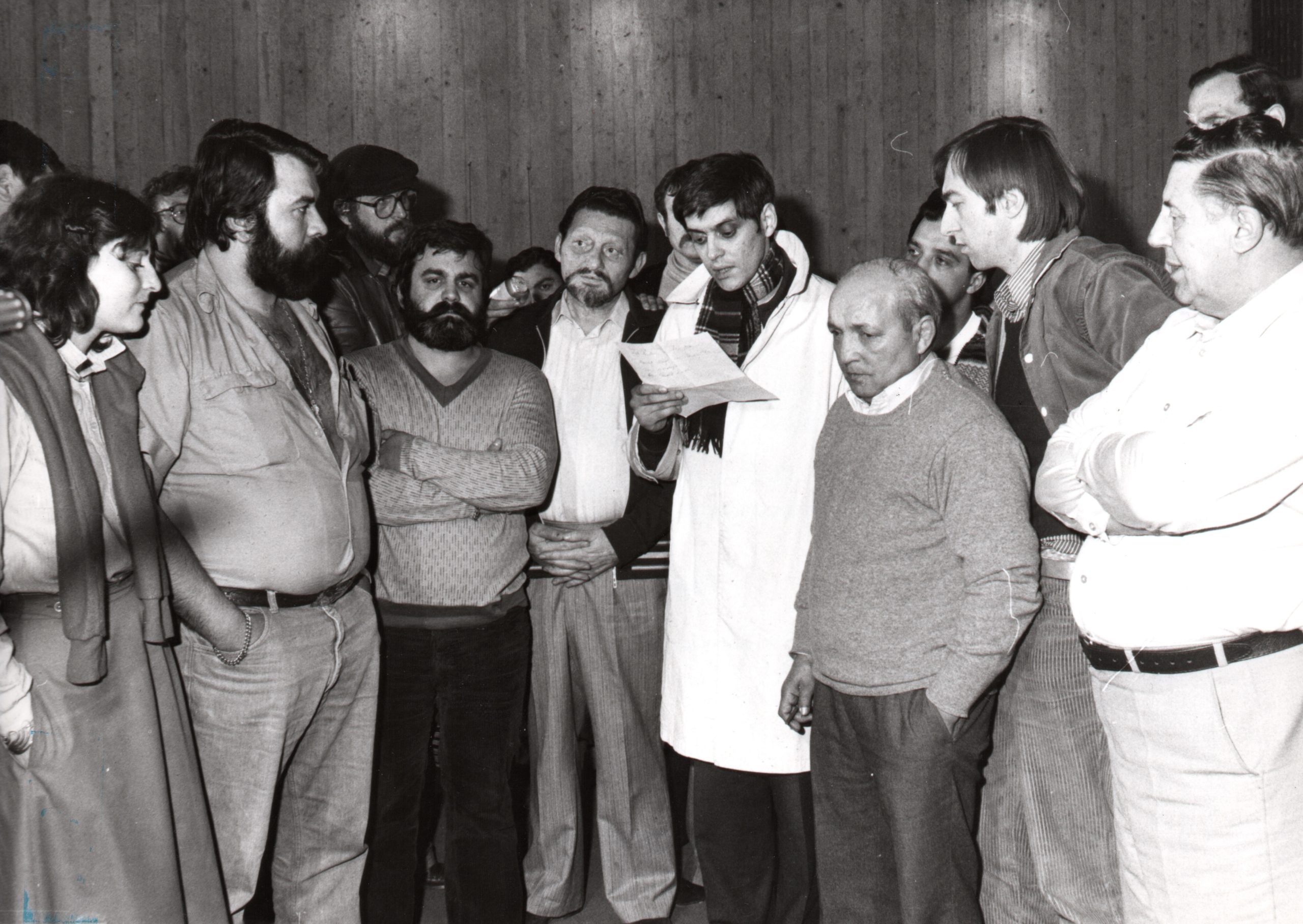
The hunger strike at the former concentration camp in Dachau
Exhibition “The long path to recognition of the Roma and Sinti Holocaust”
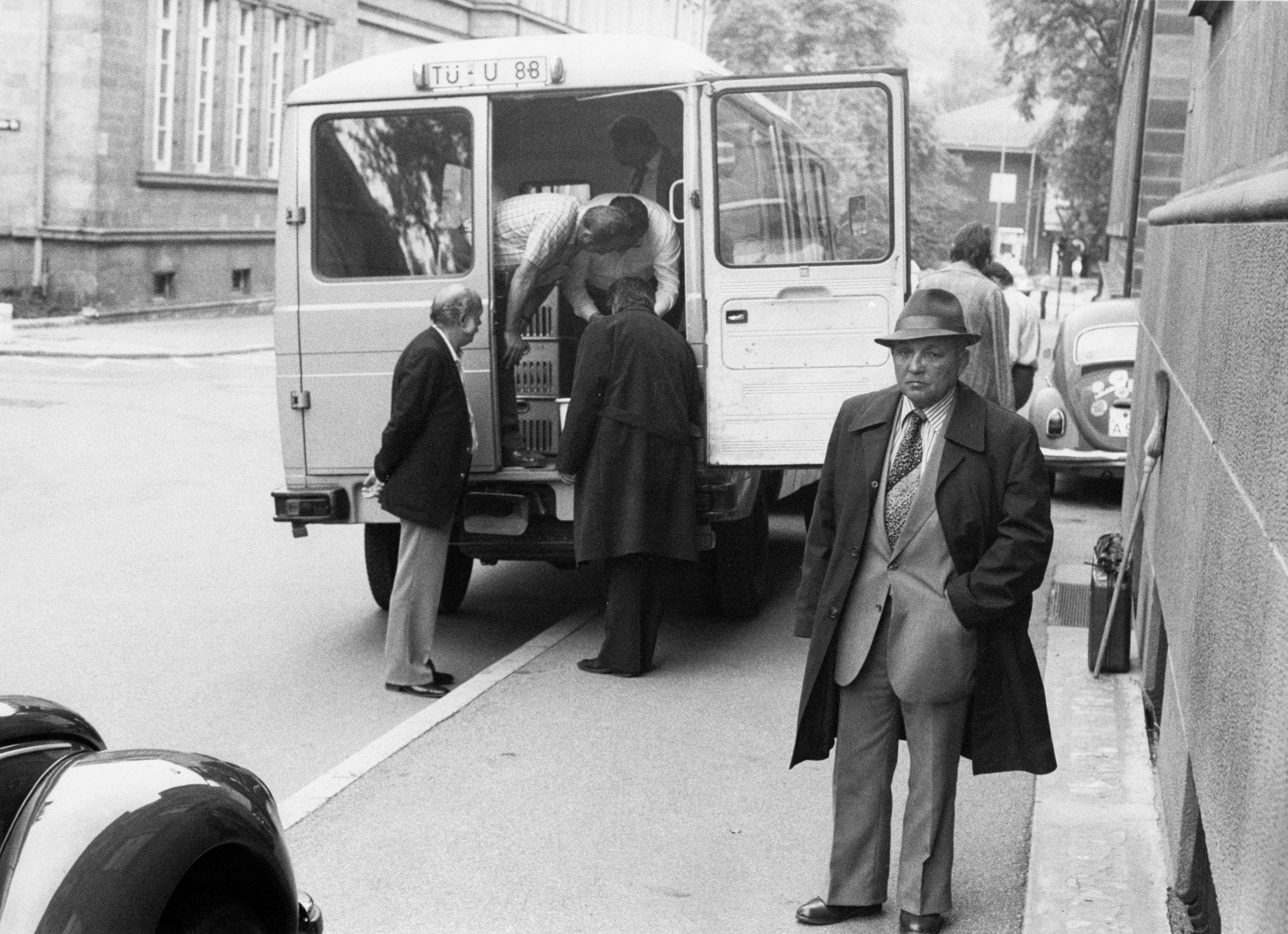
The search for the Nazi race files
Exhibition “The long path to recognition of the Roma and Sinti Holocaust”
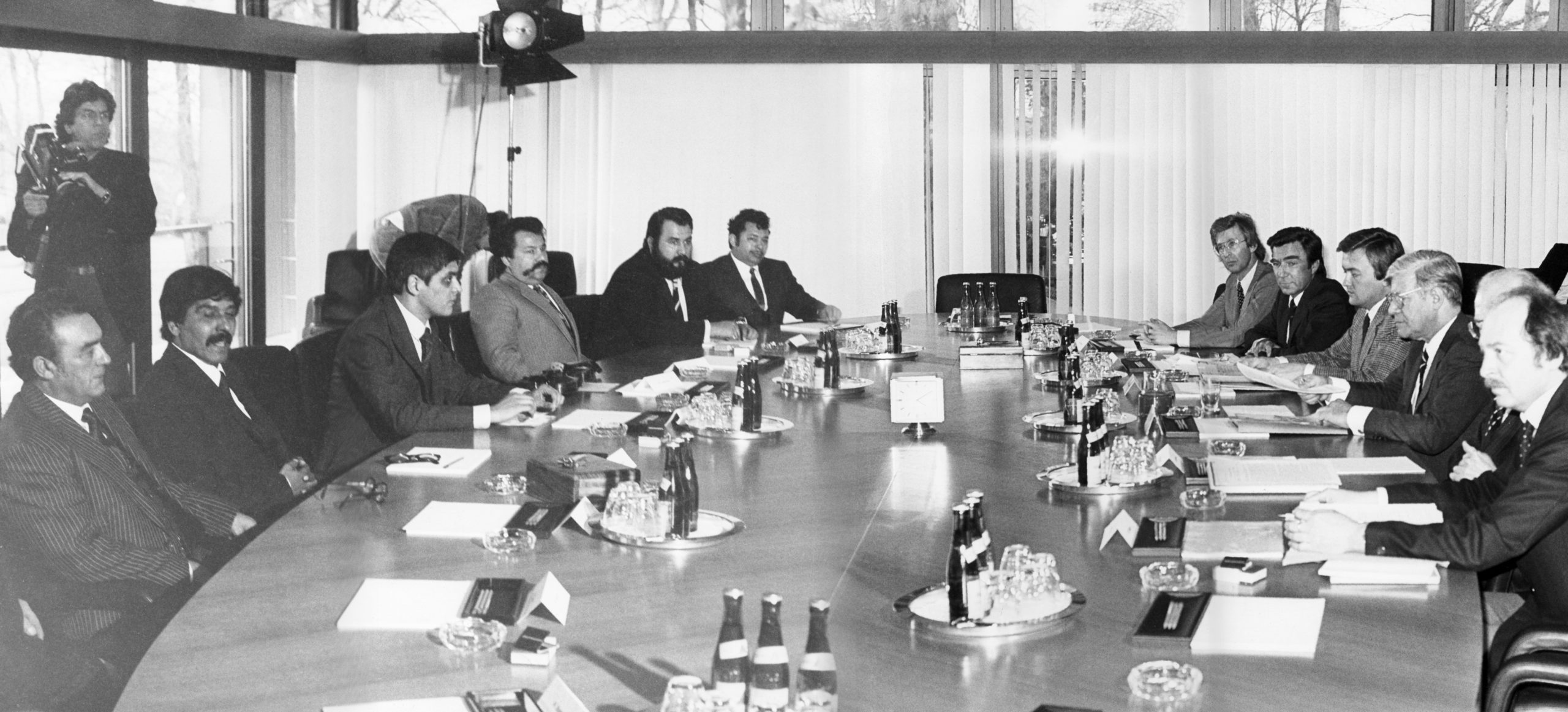
The recognition of the Nazi genocide of the Sinti and Roma
Exhibition “The long path to recognition of the Roma and Sinti Holocaust”
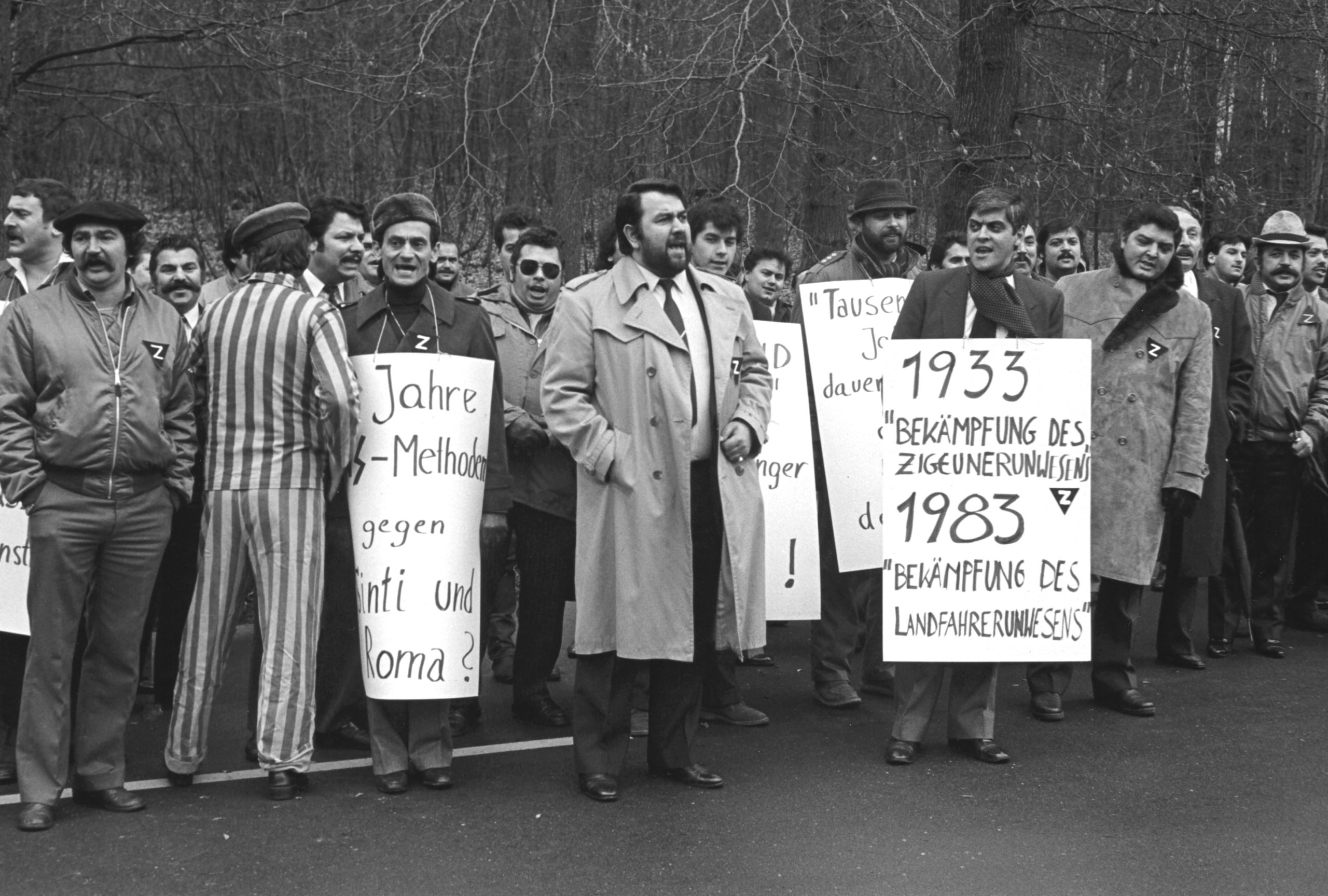
Protests against special registration by the police
Exhibition “The long path to recognition of the Roma and Sinti Holocaust”
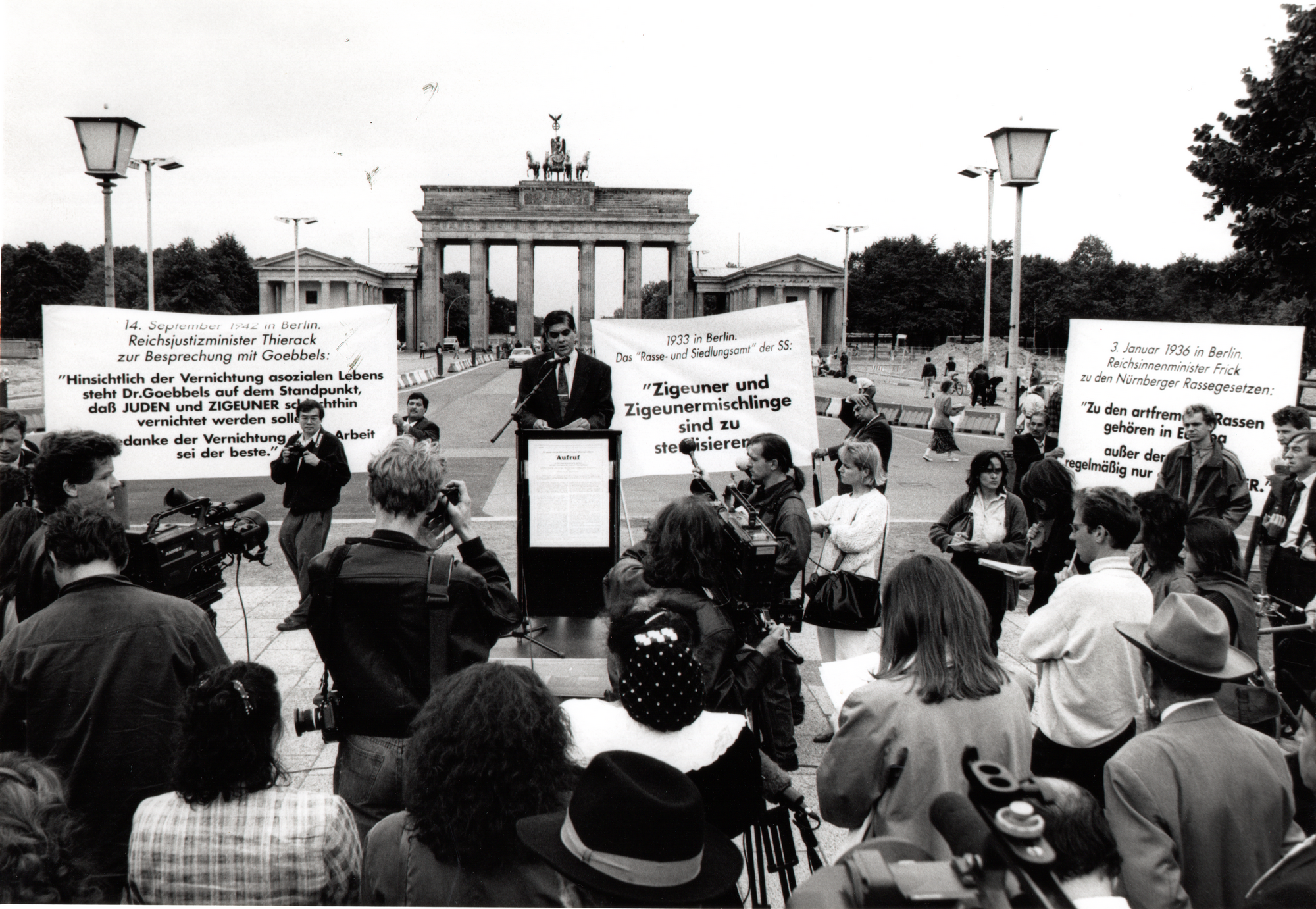
No appropriate compensation for Sinti and Roma persecuted by the Nazi regime
Exhibition “The long path to recognition of the Roma and Sinti Holocaust”
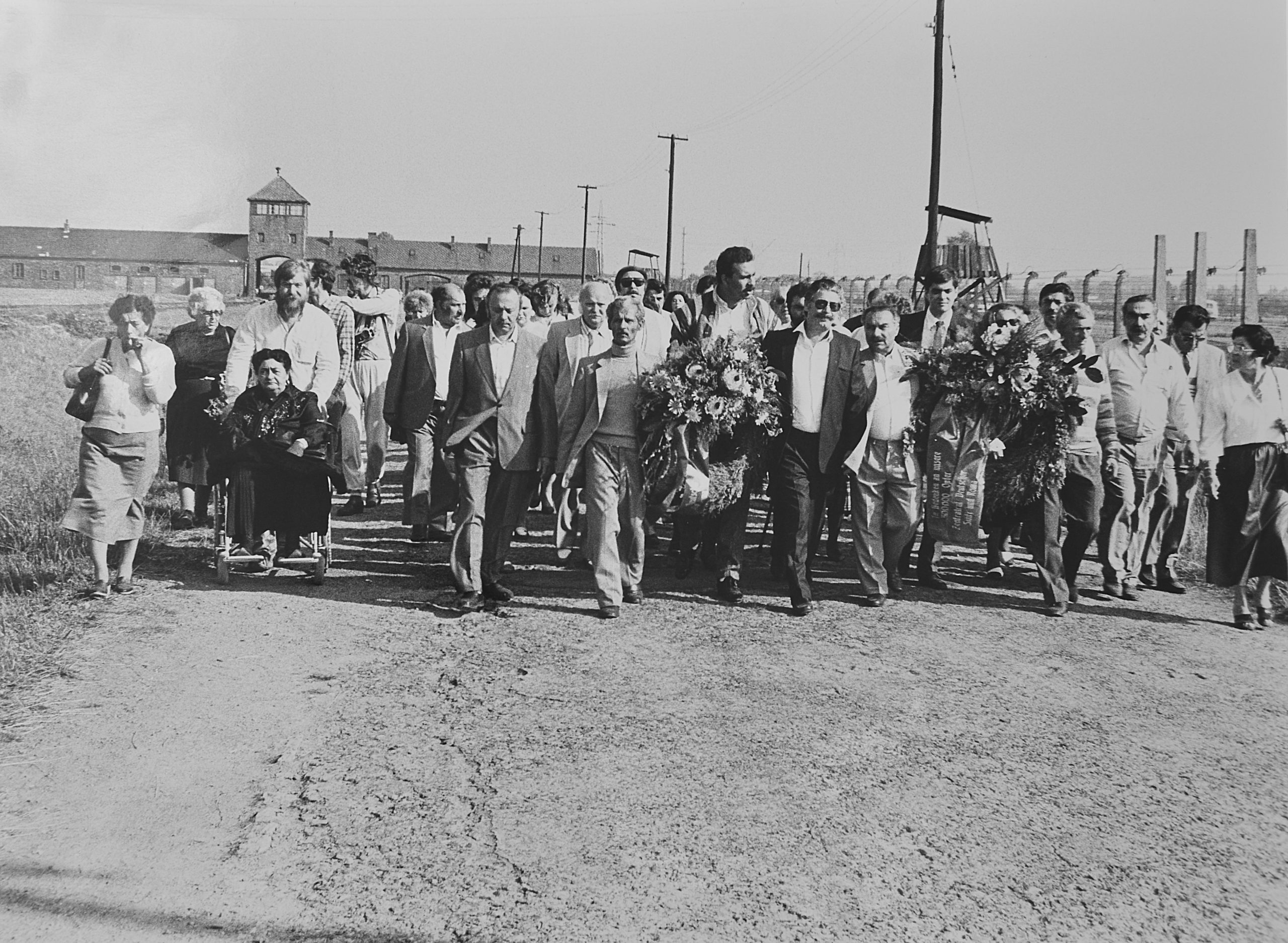
Remembrance in Auschwitz
Exhibition “The long path to recognition of the Roma and Sinti Holocaust”
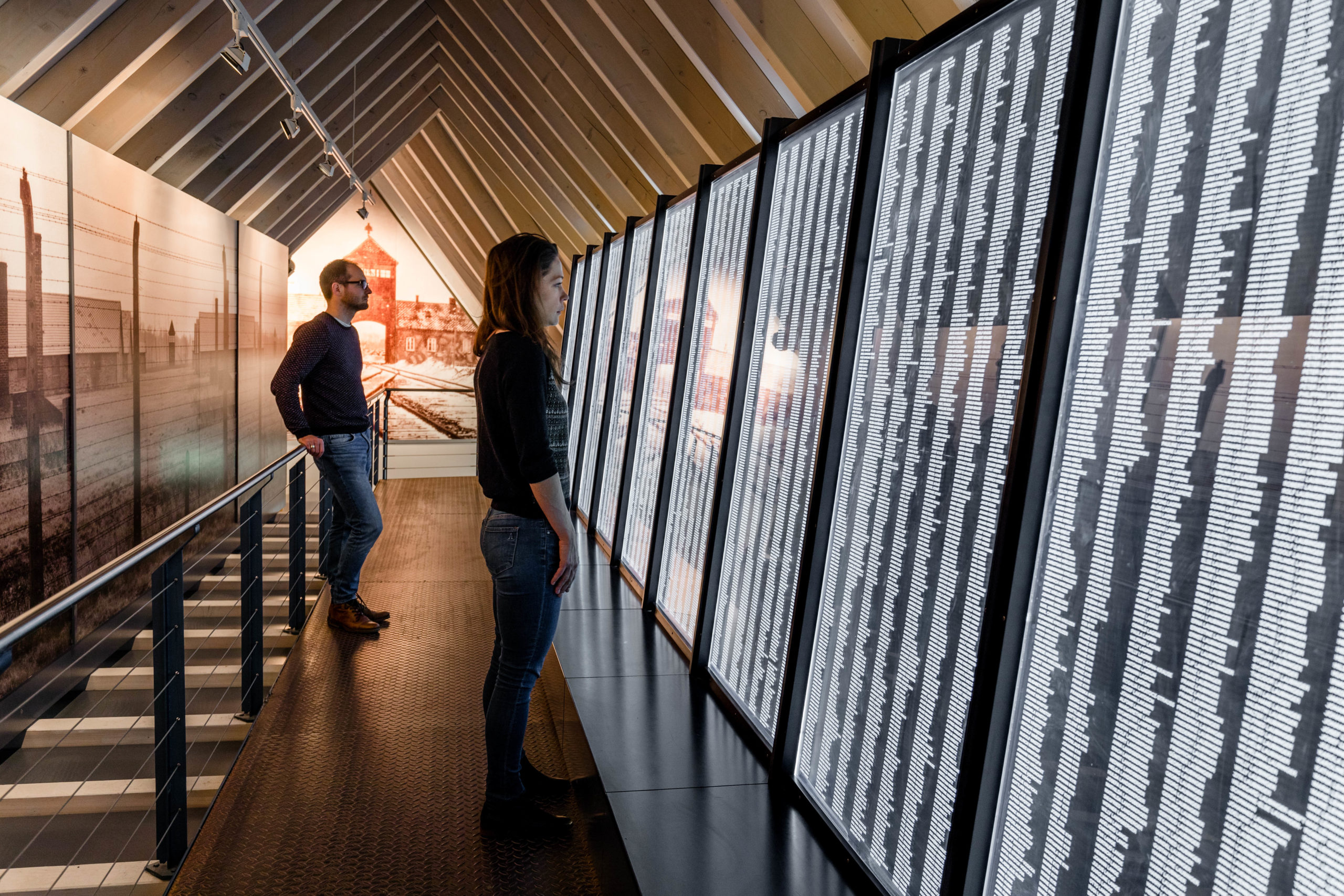
The world’s first permanent exhibition on the Nazi genocide of the Sinti and Roma
Exhibition “The long path to recognition of the Roma and Sinti Holocaust”
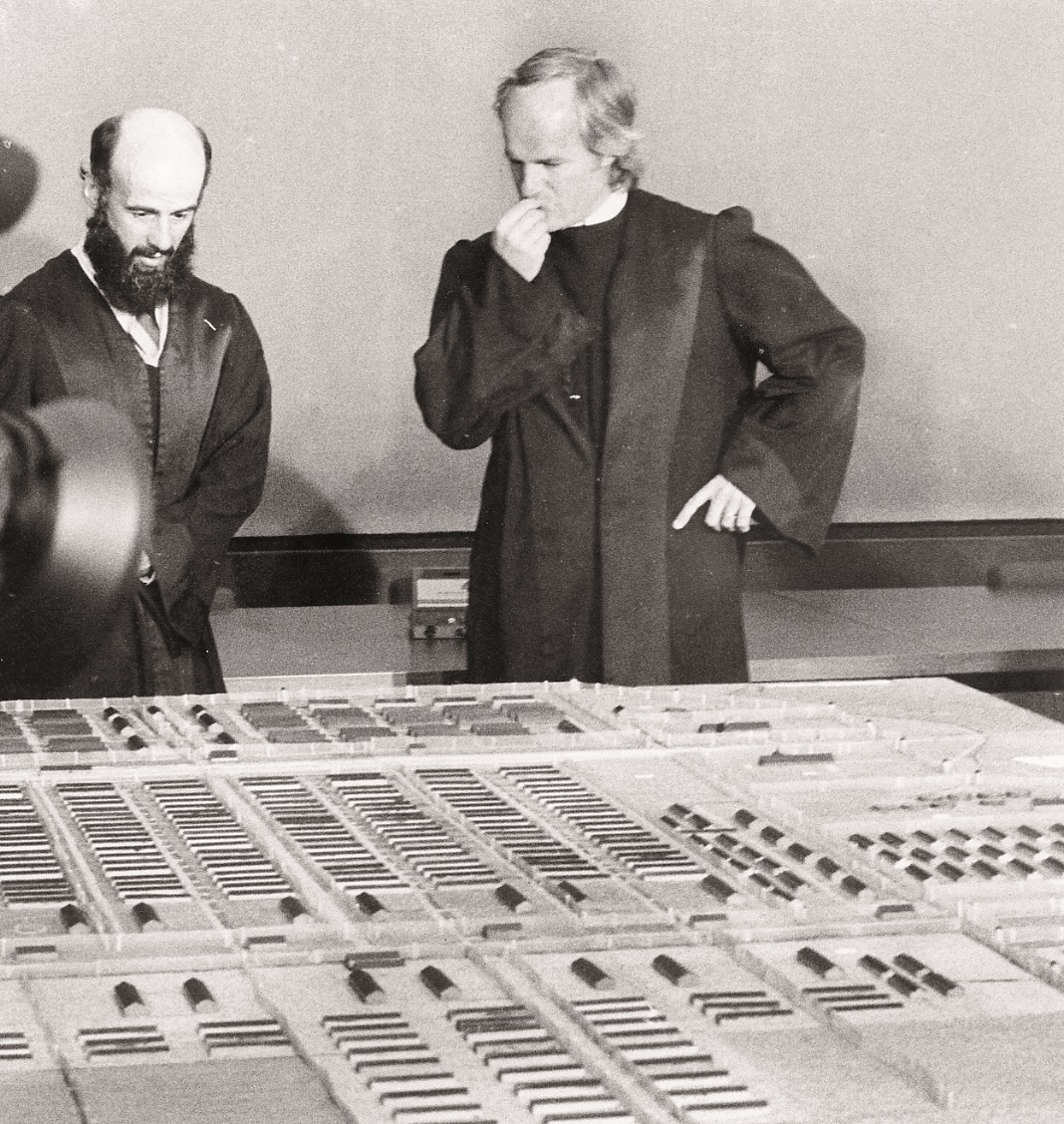
Clemency for the murderers – the Judiciary reviews Nazi crimes
Exhibition “The long path to recognition of the Roma and Sinti Holocaust”










